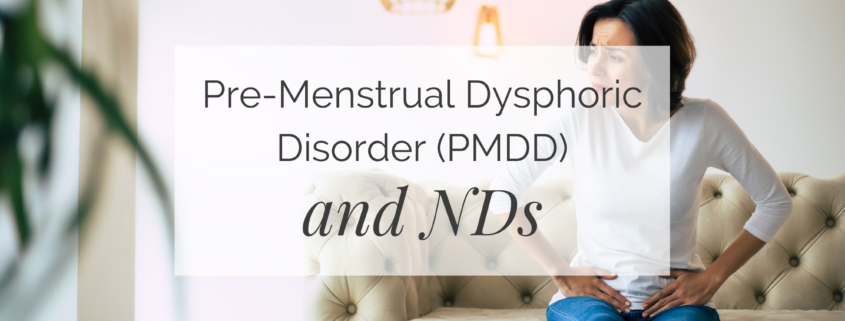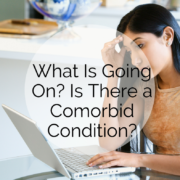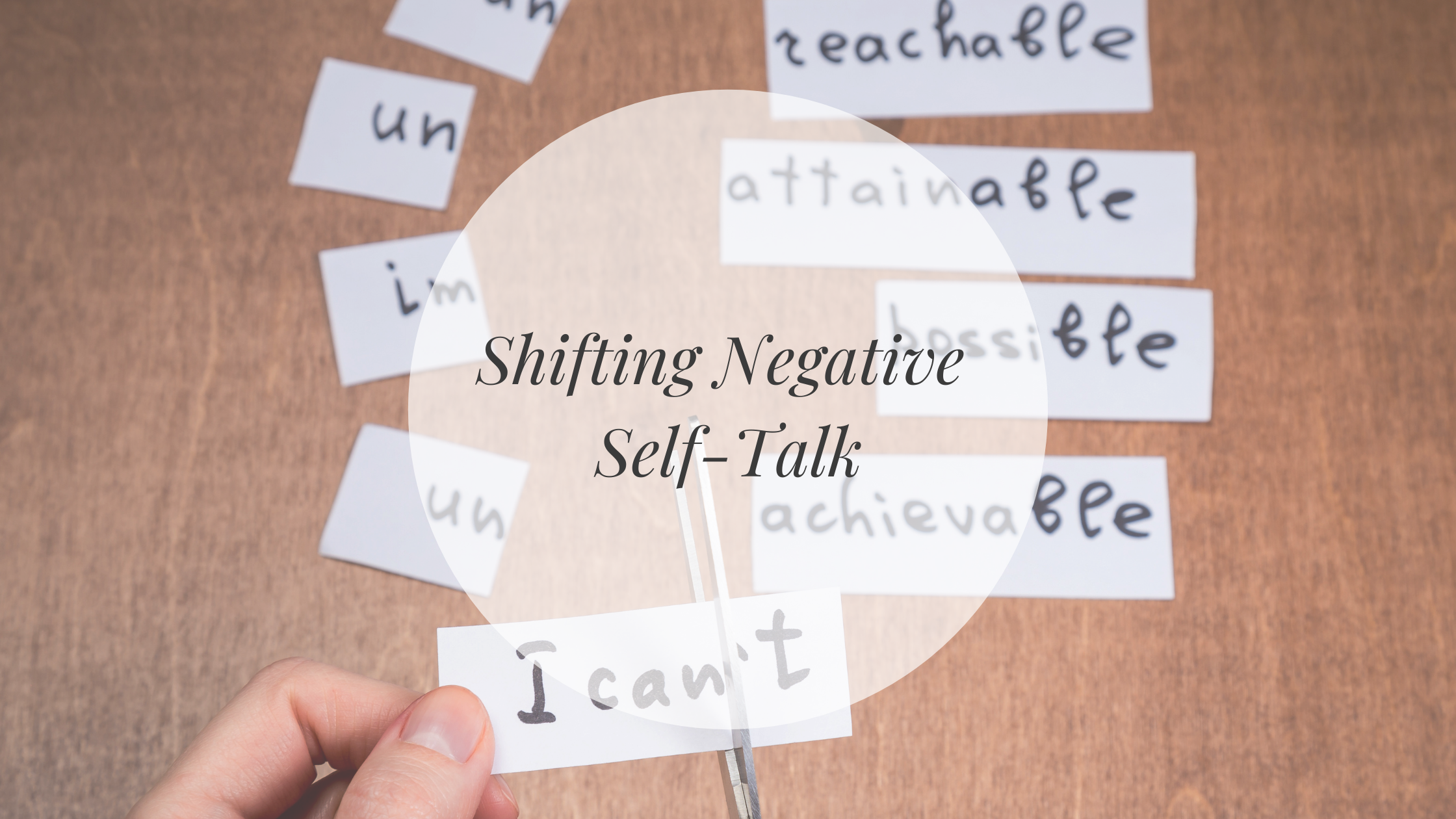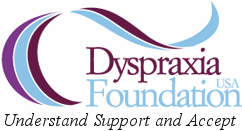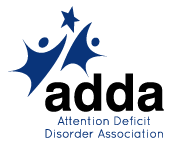Pre-Menstrual Dysphoric Disorder (PMDD) and NDs
I have teamed up again with Alexandra Davis from Diamond Star Acupuncture this month.
Do you or someone you know experience intense mood shifts and physical symptoms before their period starts? Like an extreme form of ‘PMS’? It might be Pre-Menstrual Dysphoric Disorder (PMDD). This experience affects:
- 2% of women in the general population
- 40-46% of women with ADHD
- 90-94% of women with autism.
Behavioral and emotional symptoms of PMDD include extreme moodiness, irritability, anger, hopelessness, and depression. Physical symptoms include breast tenderness, weight gain, and bloating. While many women (and other people with uteruses) experience these symptoms to a mild or moderate degree before they menstruate, PMDD symptoms are so intense that they can disrupt relationships, work, and regular functioning.
PMDD going undiagnosed is very common – just as it is common for ADHD, autism, and other forms of neurodiversity to go undiagnosed in the female population.
But if you recognize these symptoms in yourself or others, we’re writing this article to inform you of effective options for treatment and care. PMDD can be resolved or greatly improved! If you think you or someone you love is dealing with this, we encourage you to seek support.
If you have one of these -ADHD, Autism, or PMDD, I (Sheila) encourage you to learn more about the other diagnoses. Many doctors are unaware that they are closely connected, and you will need to be your own advocate.
Our highest recommendation is to seek help from an acupuncturist or another natural medicine provider, such as a naturopath or a functional medicine doctor. We highly recommend these types of care for PMDD because the core value of each of these forms of natural medicine is to correct the inner physiological imbalances leading to your symptoms. While mainstream medicine offers so much to us, including life-saving surgeries and interventions, one of its weaknesses is addressing physiological imbalances like those that lead to PMDD. Mainstream medical care for PMDD usually consists of pain medication for pre-menstrual or menstrual pain and birth control medication to alter the hormones and the menstrual cycles to lighten symptoms – but not heal or correct the underlying causes. Natural medicine traditions like Chinese medicine (acupuncture), naturopathy, and functional medicine use different methods to diagnose the root imbalances causing PMDD. They will all seek and treat those root causes you want in your PMDD care. Your symptoms can improve, and the condition will become a much smaller influence in your life or disappear altogether.
Here are a few differences between these three types of natural medicine so you can see if you are drawn to one.
Chinese medicine uses an ancient nature-based perspective on physiology to identify core imbalances. Then it treats them with acupuncture and herbs (usually in capsules)). I (Alexandra) am a Chinese medicine practitioner, so I have lots of direct experience using acupuncture and herbal formulas to treat PMDD – and it works!
Naturopathic medicine views the body the same way mainstream medicine does but uses natural supplements, vitamins, and herbal treatments to treat imbalances rather than pharmaceutical ones.
Functional medicine usually uses lots of specific testing to identify core imbalances in the body and utilizes supplements and natural medications to treat you.
These types of natural medical treatment may also use lab testing (to check hormone levels, for example) and dietary recommendations.
My (Alexandra) favorite way to find a great practitioner in your area is to ask friends and loved ones if they have gone to an acupuncturist, naturopath, or functional medicine doctor they liked. Or, you can reach out to trusted professionals you are already working with – such as a coach or therapist – and ask them if they have a good recommendation. Lastly, you can always use the internet to search for practitioners in your area and then reach out to them to see if PMDD is something that they have experience with.
There is one more natural treatment that deserves mention here, and it’s Mayan abdominal and uterine massage. I(Alexandra) use this in my practice, so I have lots of first-hand experience seeing how beneficial it is. It is a form of belly massage that helps increase circulation in the uterus and connected organs and helps the liver filter hormones better, both of which can hugely positively impact PMDD symptoms. Not everyone is comfortable with touch and massage, but those who are will find Mayan abdominal massage relaxing and nourishing.
You can find a Mayan massage practitioner in your area here: https://www.arvigotherapy.com/find-a-therapist.
You have options. We encourage you to seek care! Your symptoms can improve, and it has the potential to make a massive difference in your life and your relationships.

Big Bang Coaching, LLC provides coaching for the neurodiverse.

